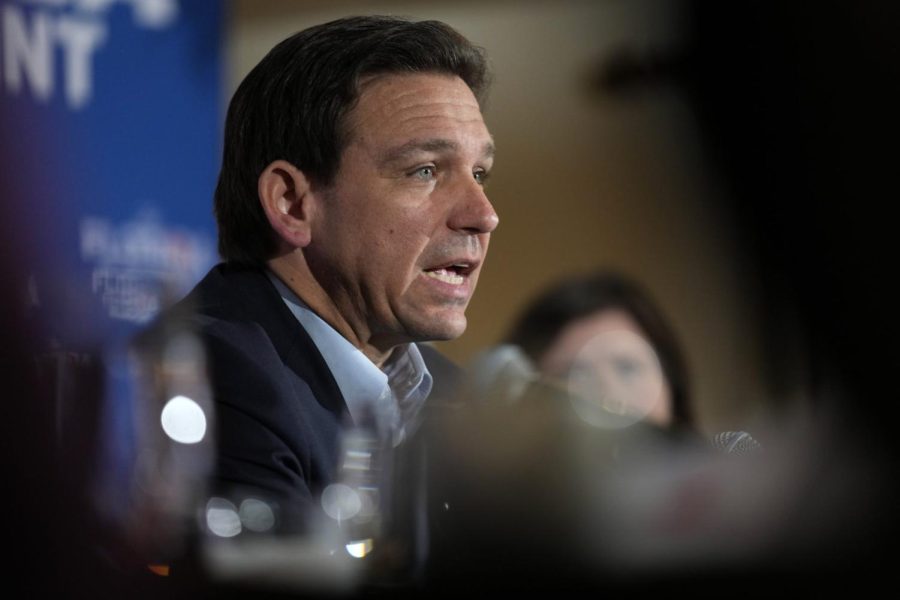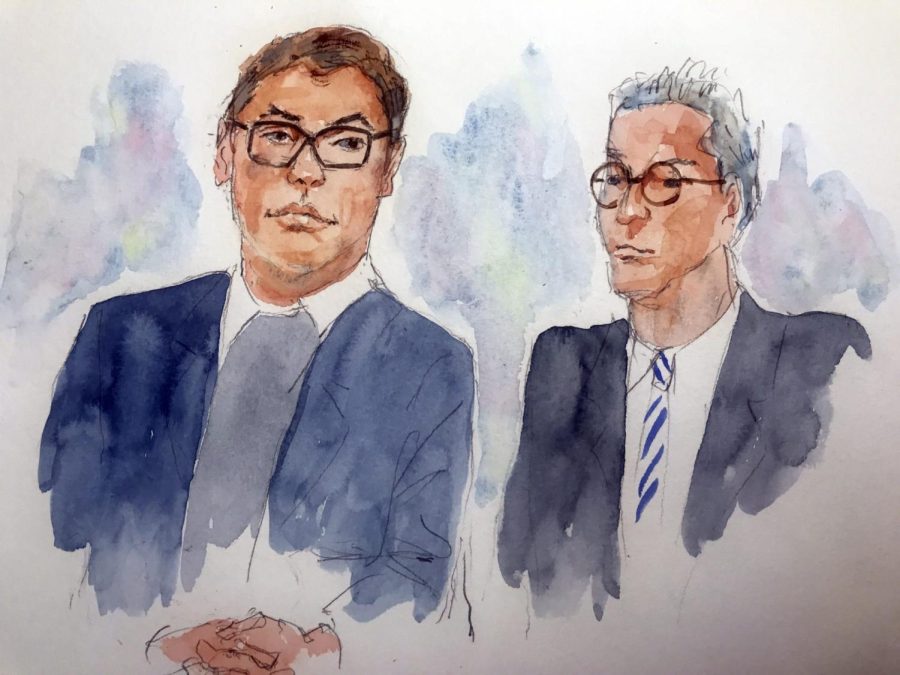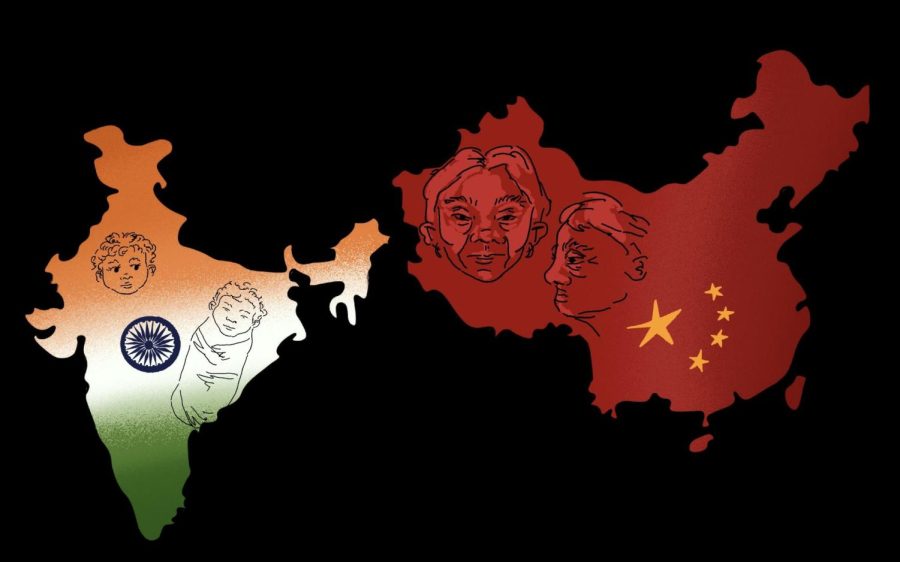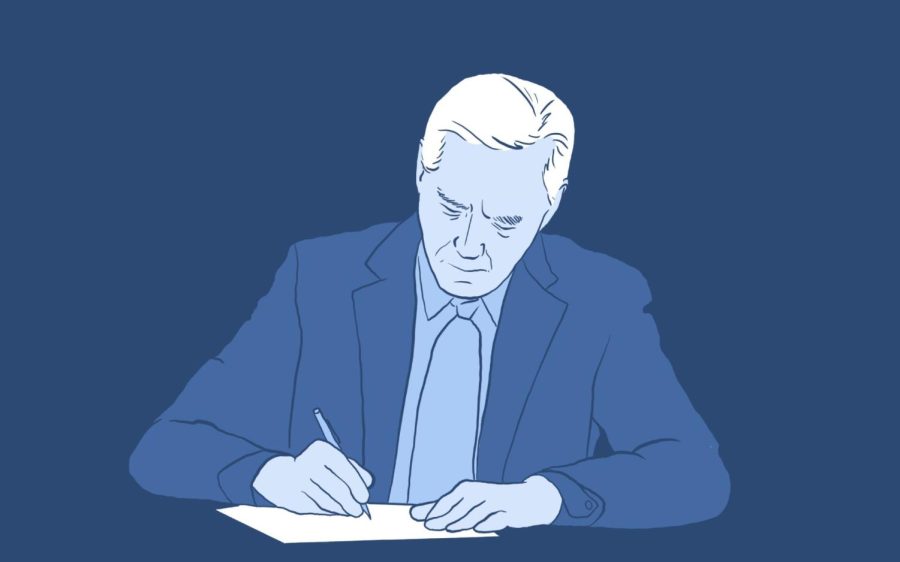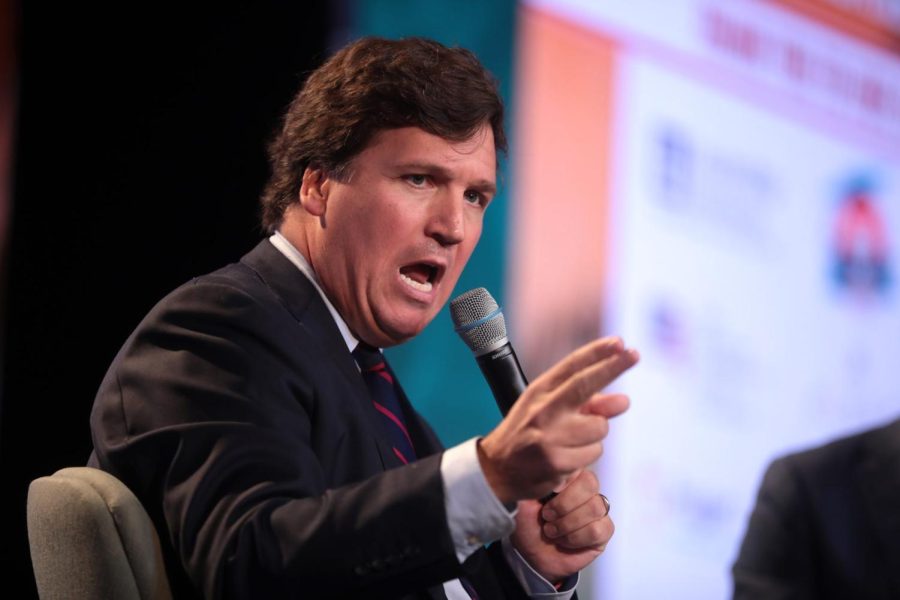After years of merciless bloodletting in Iraq, the United States faces the daunting task of maintaining influence in a country on the brink of implosion.
The situation in Iraq is one of the bloodiest the country has seen since the early 2000s. The escalation stems from mounting tensions between the Sunni and Shia people, as well as a Shia- dominated government that is oppressing the Sunnis.
The influx of money and weaponry from Persian Gulf states in support of the Syrian militias has also contributed to the increase in violence, according to Scott Hibbard, a political science professor at DePaul.
The proximity of Iraq to Syria and Iran makes it more difficult for the country to avoid outside influence. The United States withdrew all troops from the area by the end of 2011 and now, facing the current circumstances, officials are weighing what the next best step may be.
“It’s a very complicated situation,” Patrick Callahan of the political science department said. “The spike in violence has been coming for several years. It’s primarily because of the friction between the Shiites and the Sunnis. It’s essentially a question of how you divide up power.”
The area has been largely unstable since the fall of Saddam Hussein, who acted as a barrier to Iran and its growing influence in the region. Due to the situation, and the Obama administration’s desire for a more diplomatic approach, America must carefully appraise all options.
According to the Associated Press, U.S. Secretary of State John Kerry has said that the fight belongs to Iraqis, and though the United States will help, “Iraq will have to win” for themselves.
“At one point in time the U.S. was a dominant power in the region,” Hibbard said. “We had allies that we worked closely with. After the 2003 invasion of Iraq, our ability to shape events greatly diminished. One of the ironies of removing Saddam Hussein from power is that we greatly empowered Iran.”
The weakened authority of the Iraqi government, as well as its change from Sunni to Shia, makes the country more susceptible to Iranian influence. After Hussein was removed from power, a Shia-controlled government took over, creating a pro-Iran atmosphere as well as a “proxy war” within the region between Saudi Arabia and its Sunni allies and Iran and its Shia allies, according to Hibbard.
The Obama administration does not want to send troops into Iraq, partially because troops were just withdrawn, but also because the Iraqi people do not want American soldiers in the country. Whether or not the conflict is solvable depends on how the United States chooses to proceed.
Other options that lead to a positive outcome are limited due to the special situation, as well as the interests the United States holds there.
“We always knew there was going to be a problem, but does that mean the U.S. should be spending billions of dollars a year to maintain a military presence when we’re not wanted?” Hibbard said. “There are very few good options.”


